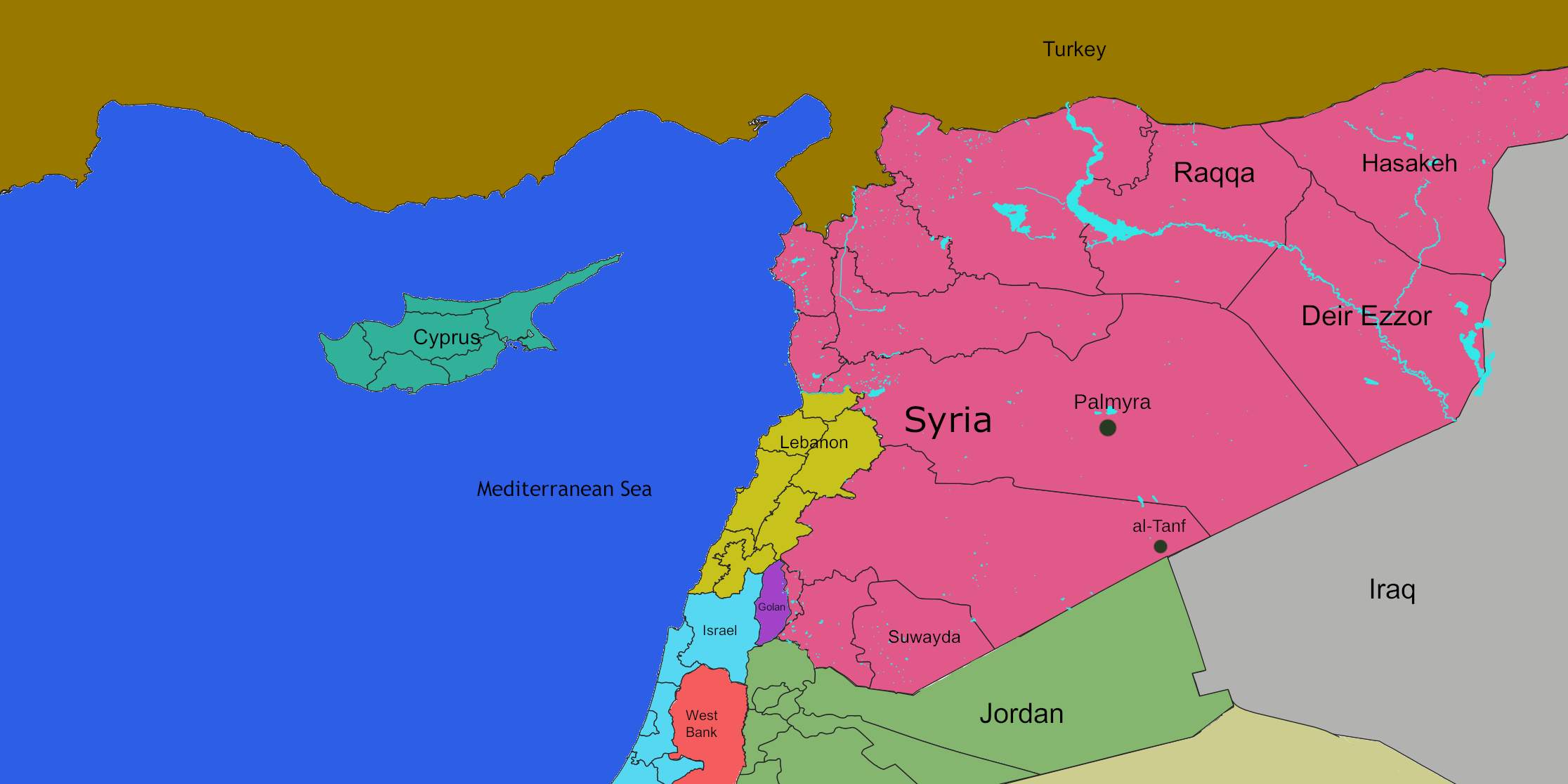Syria’s parliament is shaping up to be a lot less “unified” than initially advertised, with the ruling government announcing they’re going to postpone elections for the People’s Assembly in three governorates where groups likely to oppose the Hayat Tahrir al-Sham (HTS) live.
The postponement is in the Kurdish-controlled governorates of Raqqa and Hasakeh, as well as the Druze-heavy Suwayda Governorate. The official pretext for the delay is “security concerns.” They provided no timetable for when those areas would be allowed to vote.
The People’s Assembly is meant to have 210 members, with 140 decided in these elections and the other 70 appointed unilaterally by HTS leader Ahmed al-Sharaa. The appointed members are meant to “ensure stability.”

Though it has been promised that the appointees will be representative and include minorities, the HTS also promised that with their cabinet in late March, which didn’t include a single Kurd, much to the consternation of the Kurdish minority, which are estimated as being as large as 10% of the overall population. Since their population is heavily in Raqqa and Hasakeh, they’re likely to be vastly underrepresented in the assembly as well.
The autonomous civil government in that area, the AANES, issued a statement critical of the postponement, saying that the northeast of Syria is actually one of the safest parts of the country, so refusing to let them vote for security reasons doesn’t make any sense.
The statement further said they don’t consider decisions made under the current exclusionary framework to be binding on them, suggesting they may try to hold votes for the assembly positions without HTS approval.
A case can be made that Suwayda Governorate, with its large Druze population, has security concerns as just last month large-scale massacres of Druze took place. At the same time, those massacres were carried out in part by security forces, so denying them the vote over that is likely to further fuel the sense that the Druze are being cut out in the new Syria.
Local Druze factions have announced they are forming a unified “National Guard” in Suwayda to try to defend themselves in the future. That too is likely to fuel anger by the HTS, because the national government is meant to have an absolute monopoly on weaponry in the country.


